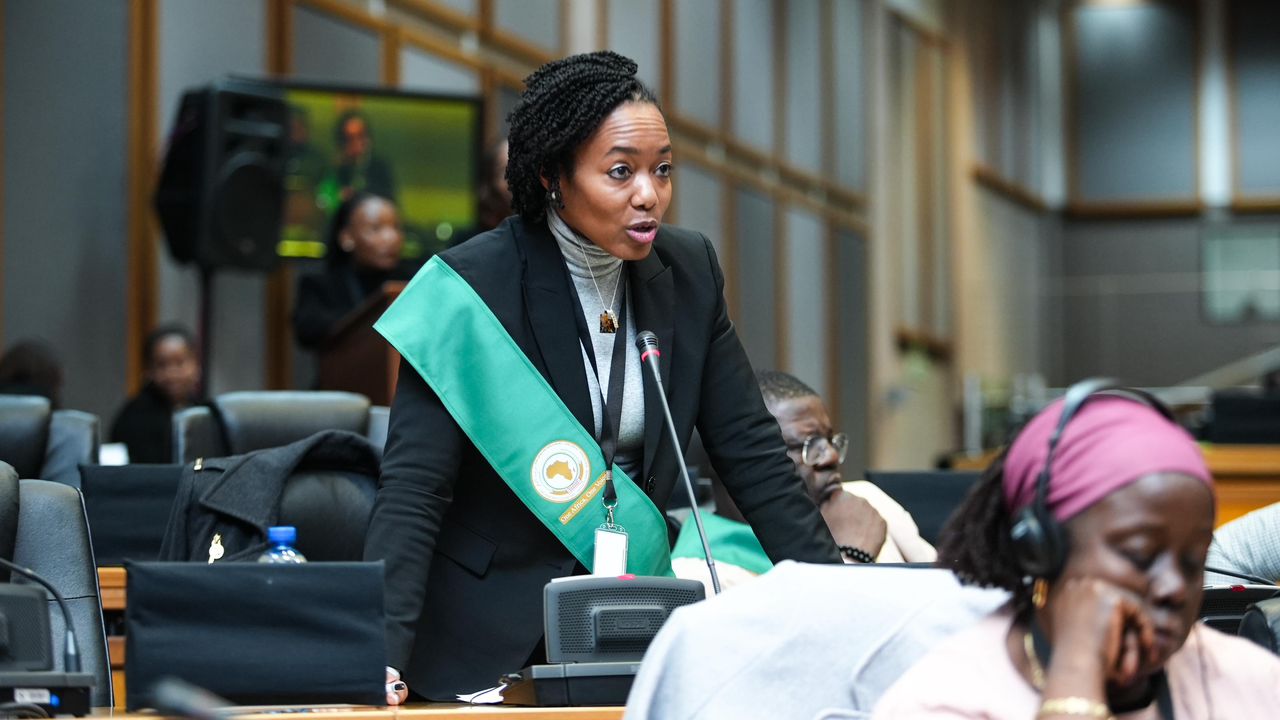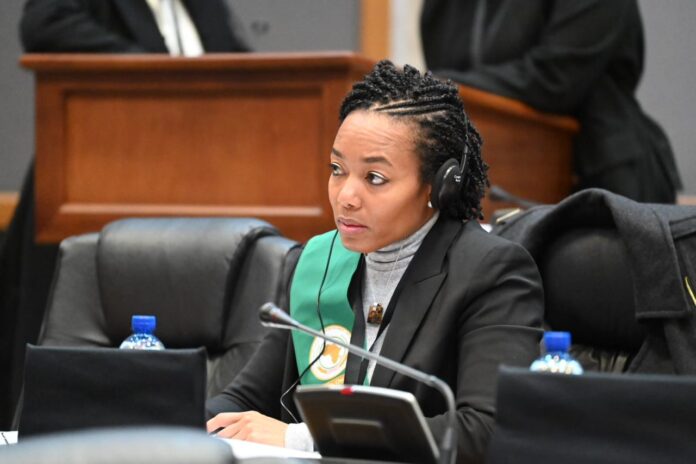Member of Parliament for Klottey-Korle and member of Ghana’s delegation to the Pan-African Parliament, Dr. Zanetor Agyeman-Rawlings, has called for urgent structural reforms to unlock the full potential of African women in agribusiness, trade, and development.
Speaking at the 2025 Pan-African Women’s Day Commemoration on Thursday, July 31, 2025, Dr. Agyeman-Rawlings identified land ownership as a key barrier limiting women’s participation in agriculture and access to finance. She observed that although women are heavily involved in agricultural work, many are unable to own land, which prevents them from using it as collateral for loans.
She noted that studies have shown women to be more reliable in loan repayments, yet they face the greatest barriers to credit access.
Addressing issues in cross-border trade—where women reportedly make up about 90% of traders—Dr. Agyeman-Rawlings proposed the deployment of female customs and immigration officers at all border posts. According to her, this would offer both practical support and protection to women traders.
On the issue of reparations, she advocated a shift in approach, urging Africans to view the transatlantic slave trade as a form of conquest in which millions were taken as prisoners of war. She proposed that reparations should come in tangible forms, including investments in infrastructure, technology, and energy to support African development.

On cross-border trade, where women comprise about 90% of participants, Dr. Agyeman-Rawlings proposed the introduction of female customs and immigration officers at all border posts to provide both practical support and protection to women traders.
Touching on the issue of reparations, she urged a shift in perspective. “We must view the transatlantic slave trade as a conquest, millions were taken as prisoners of war.
Reparatio
Dr. Agyeman-Rawlings made two key recommendations to promote women’s empowerment:
-
Visibility of Women Leaders: She suggested producing short video profiles of accomplished women in the Pan-African Parliament to inspire the next generation of African girls. She said visibility plays a crucial role in shaping ambition, stating that “if they can see it, they can aspire to it.”
-
Support For Cooperatives: She cautioned against the abandonment of traditional women-led cooperative systems, which she described as more organic and efficient than some formal structures. Instead, she urged financial institutions to design their models to support these grassroots systems that already sustain local economies.
She concluded by emphasizing the need to put a financial value on unpaid labour by women across Africa, stating that recognizing and valuing their contributions is key to true empowerment.
Source: Adomonline.com



